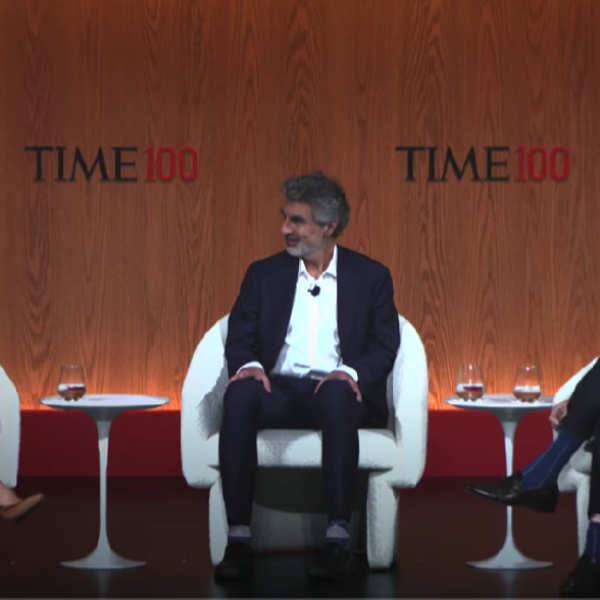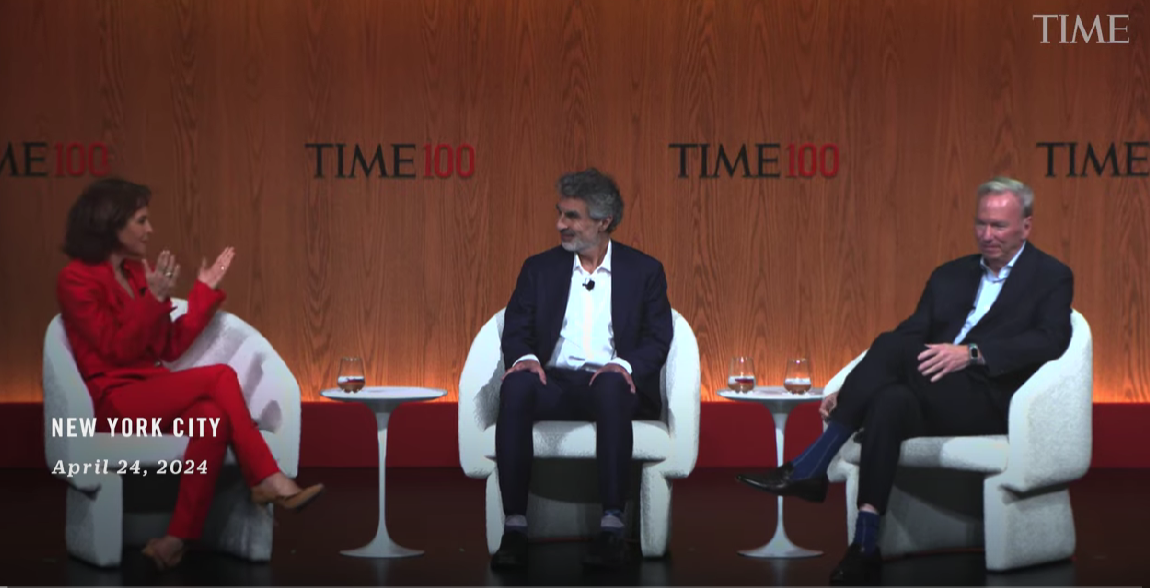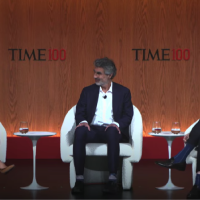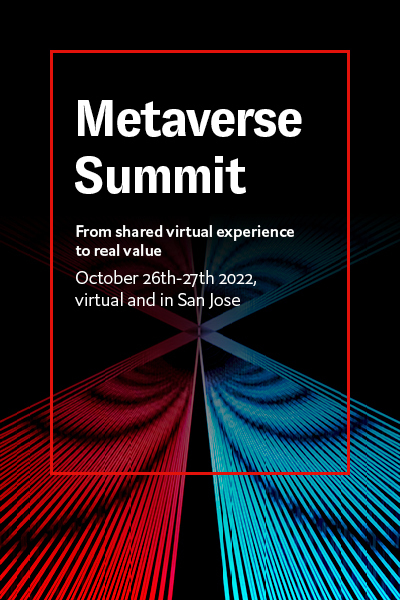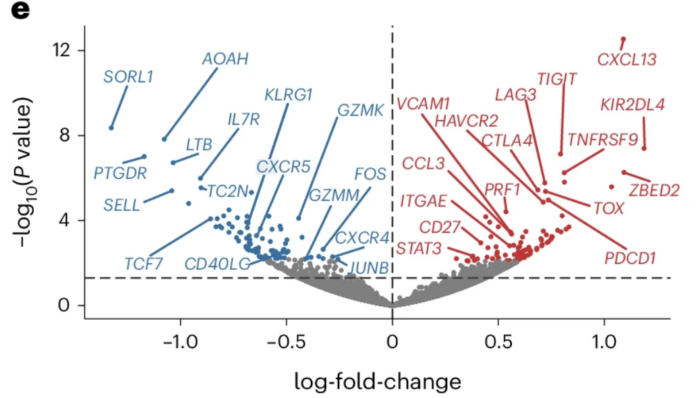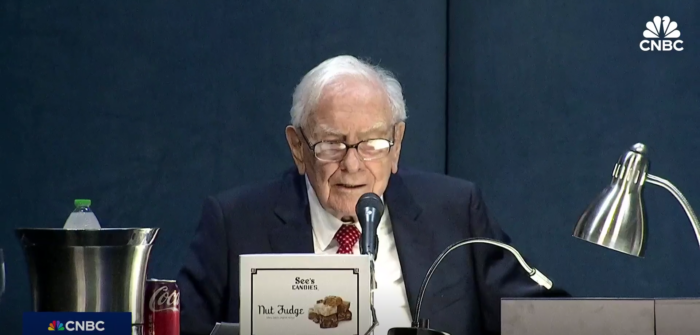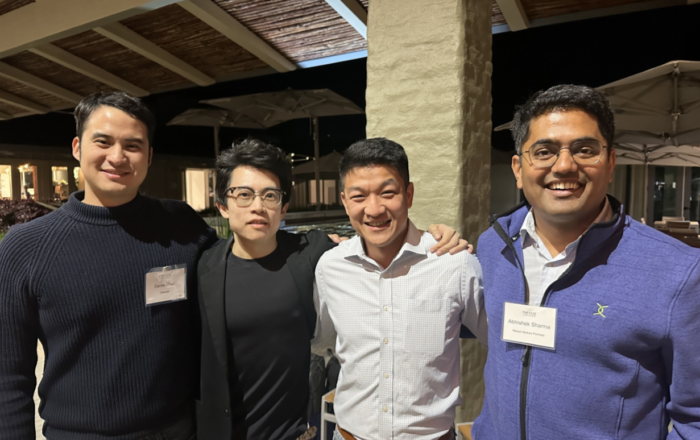- Last modified: April 29, 2024
At the TIME100 Summit, two titans of the artificial intelligence (AI) world — Eric Schmidt and Yoshua Bengio — engaged in a riveting debate on how much we should fear the rise of advanced AI systems. Schmidt, the former CEO of Google, struck a relatively optimistic tone, while Bengio, a pioneering AI researcher, sounded the alarm bells about potential existential risks.
The crux of the disagreement centered on the timeline for a potential “intelligence explosion” that could lead to an AI system surpassing human capabilities and posing an extreme risk. Schmidt appeared to downplay the urgency.
“The potential for AI is so profound in terms of its ability for all of the problems we have in society that I worry that we’re going to somehow slow this thing down — I’d rather develop it as fast we can,” said Schmidt.
In stark contrast, Bengio adopted a more alarmist perspective, warning that “engineers who are developing large systems estimate a 1–5% chance that such a powerful and dangerous AI could emerge as soon as next year, indicating that we are unprepared for such developments.”
As the debate progressed, Schmidt seemed to pivot towards Bengio’s view on the need for regulation and guardrails.
“It’s obvious that when the machine goes awry in the future, pulling the plug is a very remote possibility,” Schmidt conceded, contradicting his earlier stance.
Bengio drove home the point that hastily developed AI systems without proper safeguards could spell doom.
“If we allow ourselves to grow and understand our own humanity by asking LLMs the hardest life questions and to implement solutions as a collective society, then AI will not be as scary as our current lack of intelligence and compassion to end wars, suffering, poverty, and insecurities,” said Bengio, gravely.
The experts also touched on the rapid evolution of large language models into increasingly agentic AI systems pursuing their own goals, with Bengio warning: “Oracles, like large language models, can easily be converted into agents. Many developers and labs are actively pursuing more agentic AI.”
As the technology sprints forward, the chasm between the AI optimists and alarmists may be narrowing.
“Being governed and controlled simply breeds more governing and control, which only creates reaction and not response from any forms of intelligence,” Schmidt eventually concurred, seemingly won over by Bengio’s cautions.
With the stakes so high, the AI community must wrestle with this pandora’s box of powerful but risky technology before it’s too late. As this watershed debate highlighted, a cautious, regulated approach may be our only path to harnessing AI’s immense potential while mitigating its existential threats.
Featured image: Credit: Time
